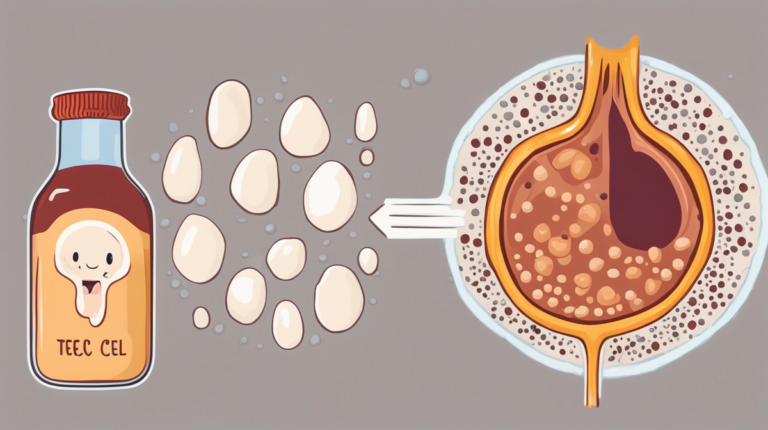Dairy products are a staple in most diets around the world. However, controversy simmers regarding their role in the development of fatty liver disease. This article aims to demystify the complex relationship between dairy consumption and susceptibility to fatty liver disease.
What is fatty liver disease?
Fatty liver disease, also known as fatty liver disease, is a term that encompasses a group of conditions characterized by excessive fat accumulation in liver cells. It is divided into two types: non-alcoholic fatty liver disease (NAFLD) and alcoholic fatty liver disease (AFLD). NAFLD is the most common and mainly caused by poor diet, sedentary lifestyle choices, obesityand metabolic syndrome, often coexisting with type 2 diabetes.
The dairy sector’s dilemma: beneficial or harmful?
For years, concerns have been raised about the consumption of dairy products, largely due to their high fat content. Excessive fat consumption, particularly saturated fat found in most dairy products, has been linked to many health problems, including obesity and cardiac disease. However, the association between dairy consumption and fatty liver disease is neither linear nor simple.
Evidence to Support Dairy Consumption
Some studies suggest a protective effect of dairy products against fatty liver disease. An analysis presented in the Journal of Hepatology showed that consumption of full-fat dairy products may be linked to lower liver fat content and reduced incidence of NAFLD. These benefits have been attributed to the presence of bioactive compounds in dairy products that combat inflammation and insulin resistance, two key factors worsening NAFLD.
Conversely, apprehension around dairy products
On the other hand, concerns persist about dairy products potentially promoting fatty liver disease, primarily due to their high levels of cholesterol and saturated fat. It is thought that consuming too much can exacerbate excess liver fat, potentially leading to NAFLD. Further research is sought to establish this view with substantial evidence.
What does this mean for your diet?
The apparent contradiction in the research illustrates the complexity of the relationship between dairy and fatty liver disease. Therefore, health professionals generally recommend a balanced approach to dairy consumption.
Opt for low-fat dairy products to control your saturated fat and cholesterol intake. Also consider including other sources rich in calcium and Vitamin D in your diet to ensure you get these essential nutrients commonly found in dairy products. Gradual changes to your lifestyle, including physical activity and healthy, balanced meals can significantly reduce the risk of fatty liver disease.
Final Thoughts
The link between dairy and fatty liver disease is complex and far from completely resolved. What is important is that we focus on maintaining a Balanced diet and our lifestyle, taking into account our personal health and unique nutritional needs. Additionally, always consult a healthcare professional before making any significant changes to your diet or lifestyle.
Continue to stay up to date with new research findings on this exciting topic and make informed food choices for your optimal health.
